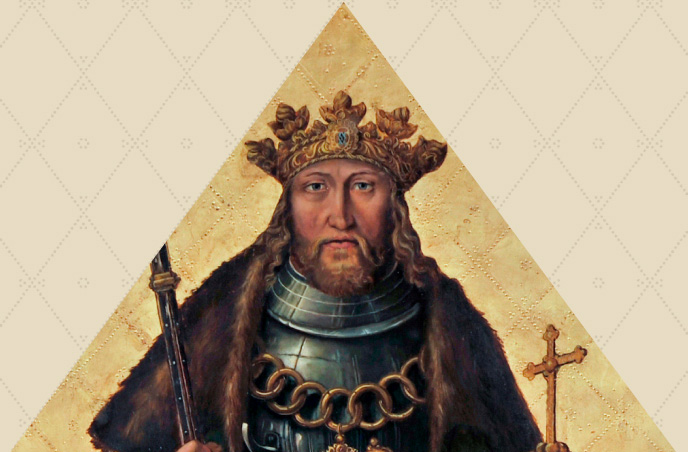Centre for Medieval Studies
Centre for Medieval Studies

The Centre for Medieval Studies is the Faculty of Humanities' strengthened research into the Middle Ages until 2030. The centre coordinates research, teaching and dissemination of the Middle Ages in its breadth at NTNU. Cooperation with other institutions is central.
The Centre Medieval Studies was established at the Faculty of Humanities after the dean allocated strategic resources to an interdisciplinary commitment to the Middle Ages on the occasion of the upcoming national Jubilee in 2030, which marks that a thousand years have passed since the Battle of Stiklestad where King Olaf Haraldsson fell. The centre, which is led by Erik Opsahl, professor of medieval history at the Department of Historical and Classical Studies, started its work in January 2023.
The Centre for Medieval Studies is not a physical centre but a coordination of medieval expertise at NTNU. The venture has an interdisciplinary approach to the Middle Ages in all its breadth, involving researchers in history, archaeology, musicology, cultural heritage, art history, philosophy, language and literature. The centre promotes ground-breaking research on the Middle Ages at NTNU, and will be a naturally close partner for international research institutions. In addition, the centre organises teaching across different departments, offering medieval courses across various disciplines.
The centre works to promote its visibility outside academia, in schools and the public sphere and to disseminate knowledge about the Middle Ages to a broad audience. Collaboration with other institutions, such as museums, the church, and the municipality, is central to the centre's work.
Administrative Coordinator
Our Researchers
Events
An overview of upcoming and previous events is available on the Norwegian website of the Centre for Medieval Studies.
